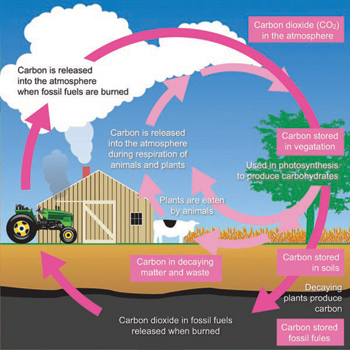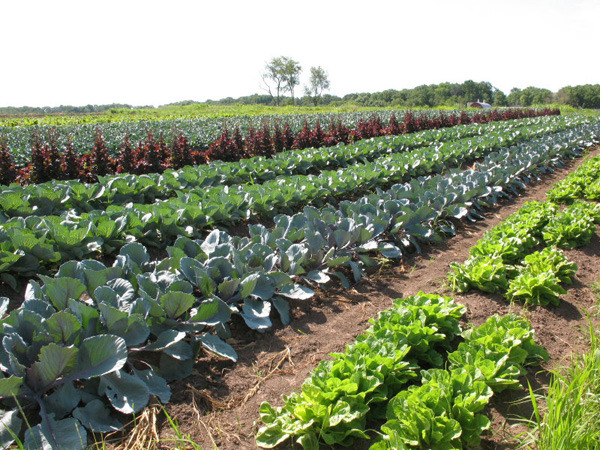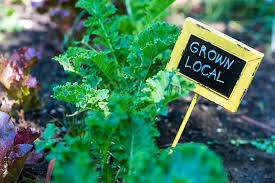Calculating farming’s contribution to greenhouse gas emissions is difficult, but experts agree that feeding the world’s people has tremendous climate and environmental impacts. Estimates of…

Carbon sink
- Home/
- Tag/
- Carbon sink/

Plants speed up their respiratory metabolism as temperatures rise, leading to a long-held concern that as climate warms the elevated carbon release from a ramped-up…
The Tarim basin in Xinjiang, China is a valley the size of Venezuela; bigger than California, New Mexico and Florida put together. On the surface…

Forests play an important role as "carbon sinks" by absorbing and storing CO2 emissions, but a new study finds that that droughts—expected to become more…

Approximately 35% of global greenhouse gases (GHGs) come from agriculture. Some argues that human can reverse global worming by sequestering several hundred billion tons of…

Approximately 35% of global greenhouse gases (GHGs) come from agriculture. Some argues that human can reverse global worming by sequestering several hundred billion tons of…
